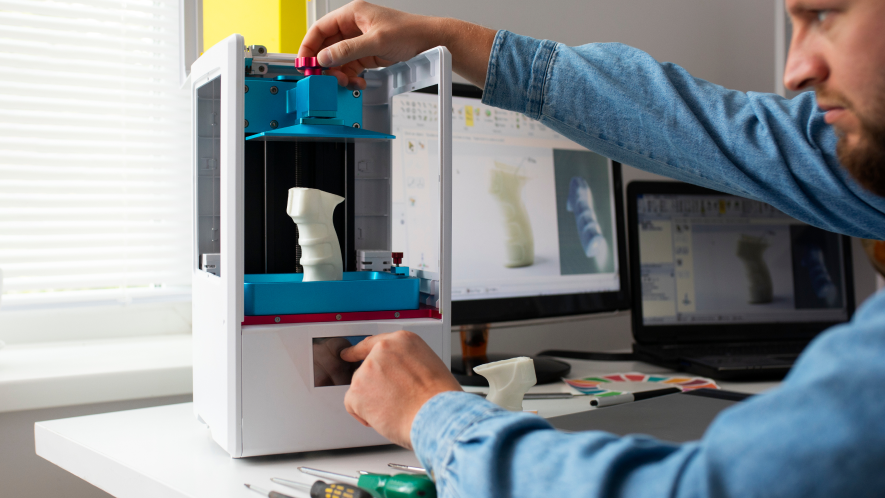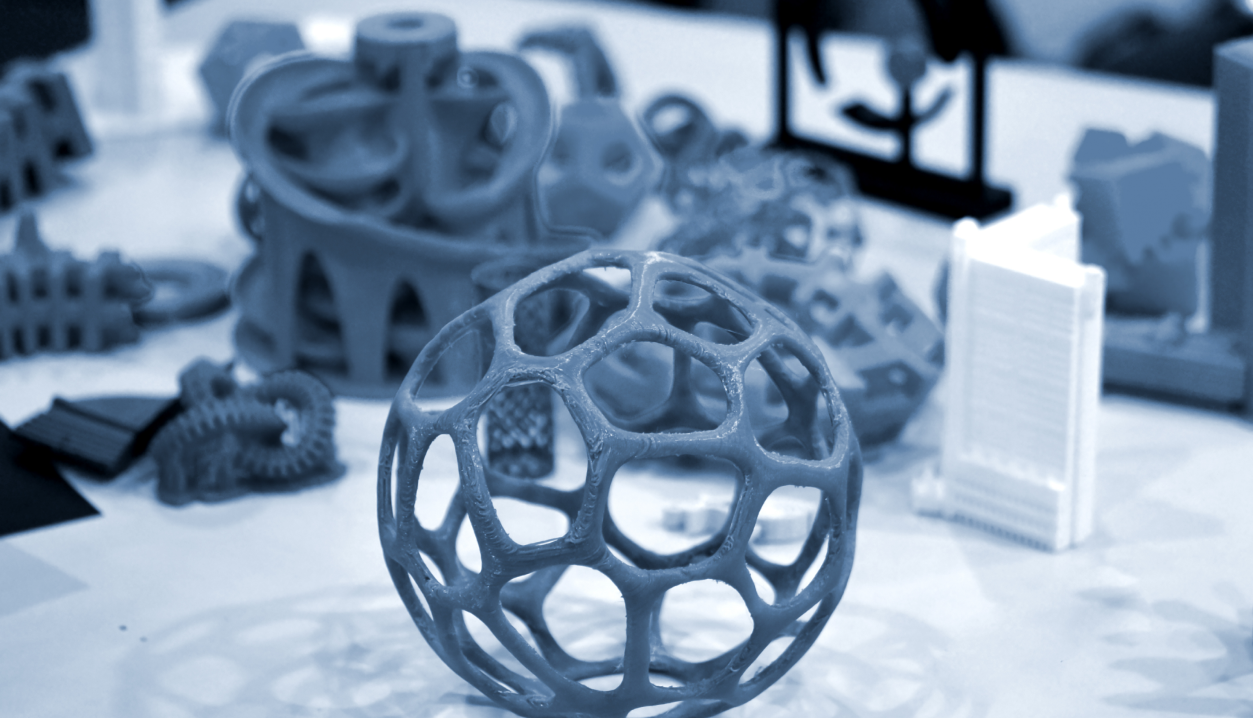FDM&光固化列印
藉由帆益科技在技術端的研究,您可以選擇材料特性快速驗證,無縫過渡從設計到最終生產的產品,另外我們還針對需求開發研究用途之光固化材料系統。

In the MedTech industry, manufacturing with traditional methods like injection molding doesn’t always make sense. Patient-specific applications, low-volume runs, and some supply chain issues may be better solved with advanced additive manufacturing solutions such as the Carbon platform. Companies like Becton, Dickinson and Company, Preceptis, and Viscotec have met these challenges, and gone to market much faster, by using Carbon technology.

The Carbon Production Workflow includes elements that support MedTech production. By utilizing Carbon technology, MedTech companies can design, develop, and produce most medical device components more quickly than with traditional injection-molded manufacturing.
IQ, OQ, PQ
Carbon understands the importance of meeting traceability standards in the MedTech industry, including IQ, OQ, and PQ. Installation Qualification (IQ) focuses on verifying that installation is complete and accurate, Operational Qualification (OQ) is designed to ensure that the equipment or system operates correctly in all intended scenarios, and Performance Qualification (PQ) validates that the system performs reliably and produces consistent results in normal conditions.
To help our partners and customers with these industry standards, Carbon offers training that offers guidance on how to do variability assessments of the dispensing, printing, washing, and baking steps of the workflow. Carbon’s printers are always tested before they ship and again following installation to confirm that the printers are operating properly and consistently. Carbon provides information about the preparation of installation site and operating conditions, so that the customer can set up its manufacturing environment and processes for consistent printer operation.
Our team is familiar with the common risks in additive manufacturing and how to mitigate them. We suggest adjustments based on resins, oxygen levels, and cassettes to support consistent printing processes. For each new design, we can help determine the specific print settings best suited for the part and desired outcome. These activities provide important support to our customers in setting up their production environment, equipment, and workflows to consistently produce quality products.
Repeatability and Accuracy
When key aspects of the production system are held constant (such as the printer, cassette, or resin lot), and post-processing follows a consistent and effective procedure, Carbon printers exhibit exceptional dimensional repeatability from print to print. In other words, if we measure Part A from Print 1, and the similar Part A from Print 2, the results will be nearly identical; that is, certain measurements in our test results repeat within less than 25 µm.
Carbon has an ongoing project to develop tools and methods that leverage this degree of repeatability to drive toward accurate prints for precision applications. By tying together advanced metrology methods like CT scanning and the ability to digitally control the part’s dimensions, we have produced clean dimensional inspection reports across production runs for applications for which tolerance bandwidths are +/- 50 µm and often +/- 25 µm.